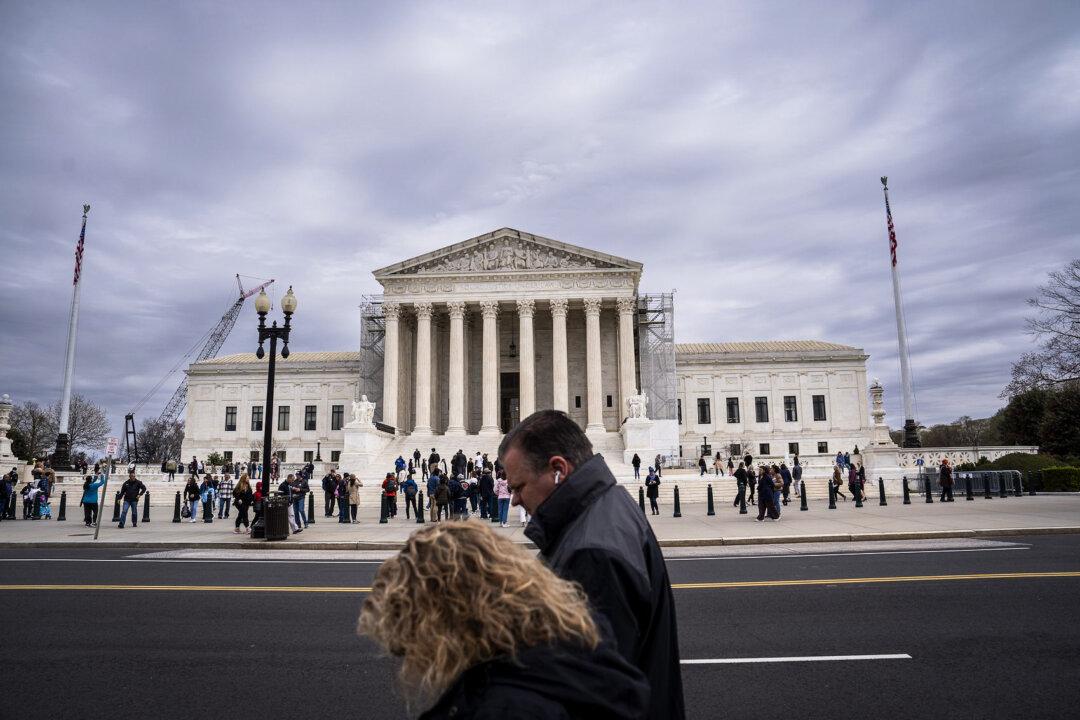The Supreme Court has rejected a North Carolina woman’s request to have her drug sentence reduced under the Trump-era First Step Act.
The decision to reject First Step Act relief for this criminal defendant is expected to be followed by several more decisions denying relief after the Supreme Court laid down its interpretation of a key provision of the statute in a March 15 ruling.





